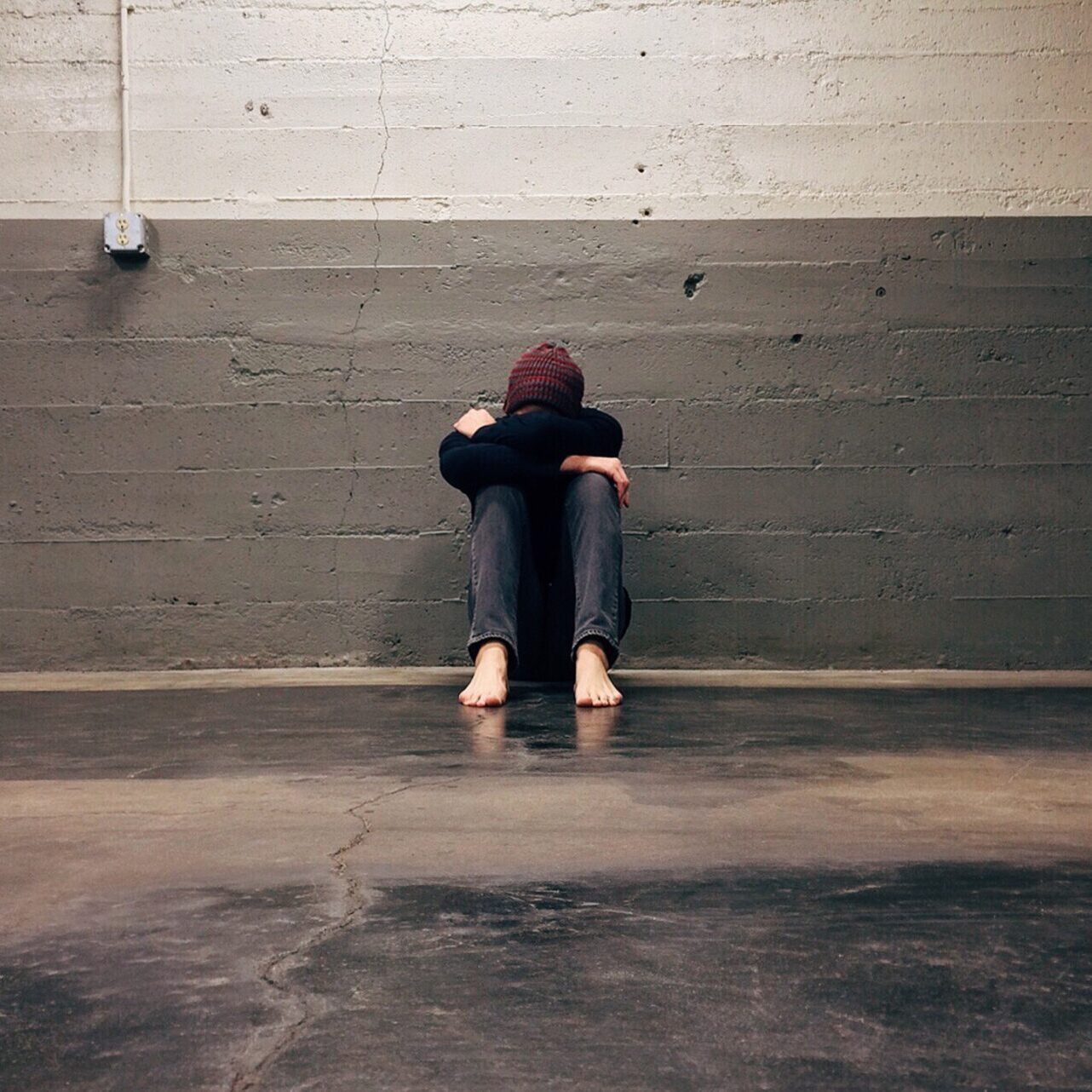The COVID-19 pandemic has been with us for two years now, but nobody’s throwing it a birthday party. COVID fatigue is real, and our mental health is paying the price. A survey by the Canadian Mental Health Association found that 40% of Canadians said that their mental health was had gotten worse since the start of the pandemic. The figure is even more alarming among young adults, with 60% of 18-24 year-olds reporting a decline in their mental health.1 The incidence of eating disorders is another indication of the severe effect the pandemic has had on children and adolescents in Canada: a study published in JAMA Network Open detailed a dramatic increase in cases and severity of anorexia nervosa in children and adolescents during the first wave of the pandemic.2,3 The overall situation is made worse by the staggering wait times facing children and adolescents who want to get help with their mental health concerns.
The sources of stress for children and adolescents are many, including the strain of switching from in-person to remote learning, the lack of opportunities for recreation and exercise, tension between parents, missing their friends, missing out on major school-based events like graduations and proms, and grief over the loss of a loved one.
How Do I Know If My Child is in Trouble?
Some changes in behaviour are normal given the global situation, but how do you know when it’s time to intervene, seeking guidance or help for your struggling child? Some signs to watch for are:
- Changes in eating or sleeping habits
- Mood changes, or rapid shifts in mood, including outbursts or extreme irritability
- Loss of interest in activities they used to enjoy
- Withdrawing from social interactions
- Self-harm or talking about death or suicide
- Frequent headaches or stomachaches
- Changes in performance at school
- Restlessness or difficulty concentrating
If you’re noticing these in your child, invite them to talk about their feelings, and if necessary, consult with your doctor or your child’s pediatrician about your child’s mental and physical wellbeing.
You might also notice changes that are not as clearly linked to mental health challenges, including:
- Interacting with new people online
- Going out to new places with people they didn’t know before the pandemic
- Signs of substance use
- Secretive behaviour
These signs may indicate that your child is responding to the stress of the pandemic by seeking out new sources of distraction or new ways to cope. Some of these new activities might be perfectly harmless, but as a parent, they’re bound to be concerning. Talking to your child about them is an important first step, but if those conversations don’t resolve your concerns, hiring a Private Investigator might be a good next step.
How Private Investigators Can Support Struggling Parents
If your child is dealing with a problem they can’t fix on their own, you naturally want to help them in any way you can. Here are the ways a Private Investigator can help you to help them:
- Finding out where they’re hanging out.
Private Investigation Firms work with sophisticated surveillance and GPS tracking equipment to closely monitor and provide photo and video evidence detailing what your child is up to when they’re not at home. This evidence can be particularly valuable if your child is being bullied or has been the victim of a crime, allowing parents to pursue further action.
- Investigating people your child is involved with.
Perhaps your child has developed a new relationship online, but you’re not sure if the other person is who they say they are. Or you may be concerned that a new real-life friend has questionable habits. A Private Investigator can follow up on these new relationships with an in-depth background check, to confirm if this individual is harmful or helpful for your child.
- Looking for signs of substance use.
As an objective third party, Private Investigator can often spot these behaviours more easily than you can as a parent. A Private Investigator will use their experience, expertise, and cutting-edge tools to monitor your child covertly, and record their activities if necessary. Parents who have followed their gut feeling and sought the services of a Private Investigator as soon as they have suspected substance abuse, are also able to intervene earlier, leading to better outcomes for the child.
Should your child run away from home, a Private Investigator can be instrumental in helping to locate them. Using a wide range of methods, from digital searches and GPS tracking to boots-on-the-ground surveillance, your Private Investigator will leave no stone unturned in the search for your child.
At Star Quality Private Investigations®, we always hope that investigations like this reveal that your fears are unfounded; our biggest reward is your peace of mind. We’re sensitive to your concerns as a parent, especially at this difficult time, and we’ll handle your case with the attention and compassion it deserves. When you work with us, you’re working with an agency that has decades of experience and evidence-driven results, but you’re also working with an organization that prioritizes community and the wellbeing of its clients. Reach out to our team today to learn how we can help you, as a parent, regain the confidence and clarity you deserve.
Sources:
- Canadian Mental Health Association: Mental Health Impacts of COVID-19
- CBC News Canada: ‘I stopped eating’: Rise in eating disorders seen among Ontario youth during pandemic
- Trends in the Incidence of New-Onset Anorexia Nervosa and Atypical Anorexia Nervosa Among Youth During the COVID-19 Pandemic in Canada: JAMA Network
